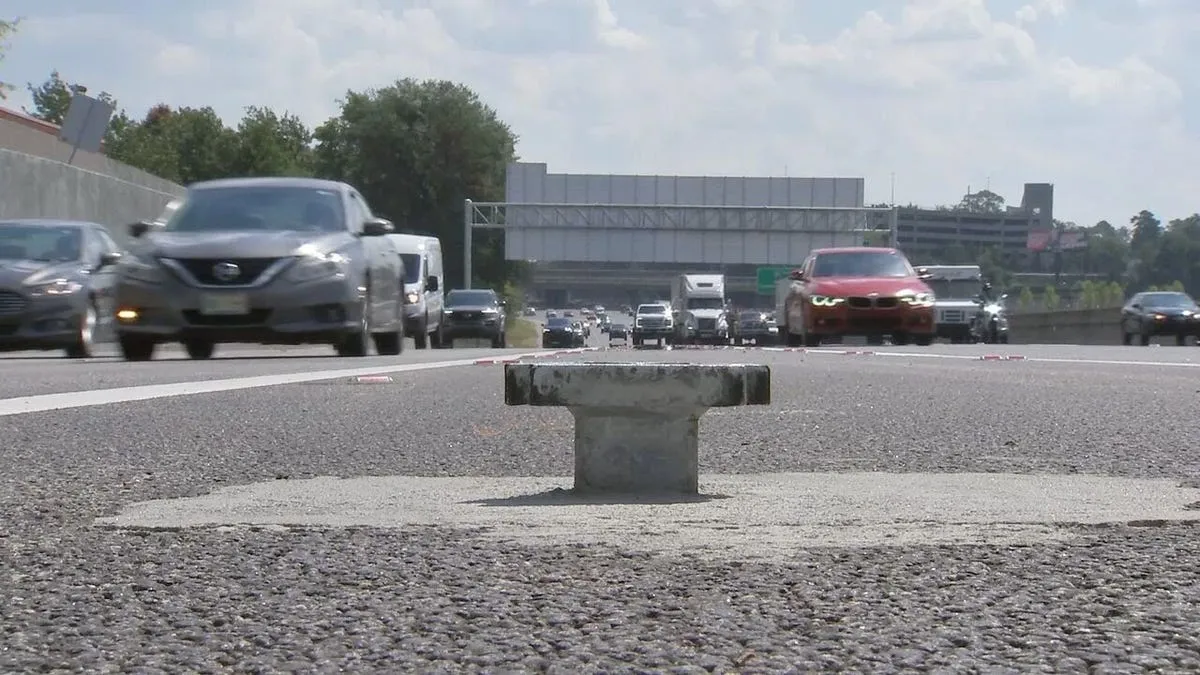Environmentally Costly Cement Prongs Cause Major Damage on Georgia I-285

Environmental Impact of Hazardous Road Conditions
Recently, an environmental hazard emerged on Georgia's Interstate 285, where cement prongs left from a previous highway sign installation caused major damage to a motorist's vehicle.
Brian Briggs, while using GPS, accidentally struck the cement prongs, resulting in $2,000 worth of damage to his BMW i3. In his efforts to address the damages, he discovered the Georgia Department of Transportation (GDOT) does not handle such claims, pushing responsibility to the Department of Administrative Services (DOAS).
Challenges With State Reimbursement
Briggs shared his frustration with local news station WSB-2, stating that despite the damages he incurred, GDOT informed him that they do not offer reimbursement for damages incurred on state property. The incident not only raises questions about state accountability but also about the importance of maintaining safe roadways for motorists.
Why Were Cement Prongs Left on the Highway?
According to GDOT, the prongs were remnants from a highway exit sign that had been struck previously. Although the damaged sign was removed, the supporting prongs were neglected, resulting in hazardous conditions for drivers like Briggs.
Fortunately, GDOT confirmed that the issue was addressed, ensuring that no other motorists should encounter this problem. The situation emphasizes the pressing need for proper environmental maintenance on highways to prevent future accidents and ensure the safety of all road users.
This article was prepared using information from open sources in accordance with the principles of Ethical Policy. The editorial team is not responsible for absolute accuracy, as it relies on data from the sources referenced.